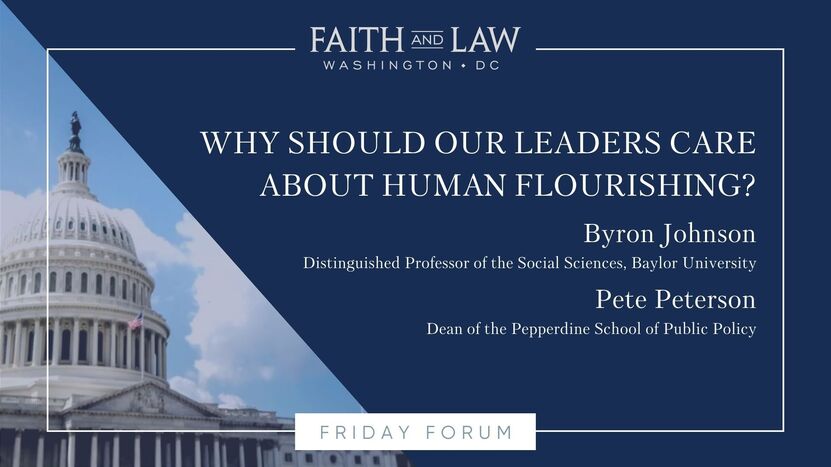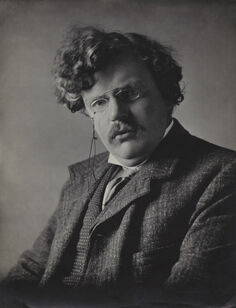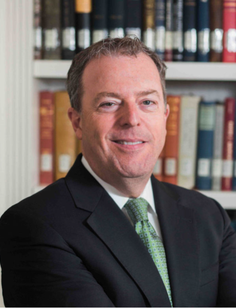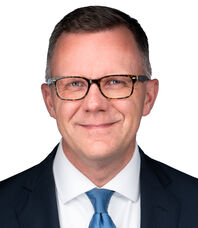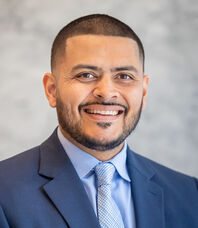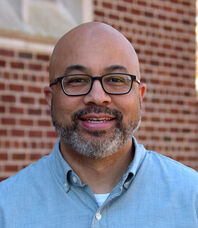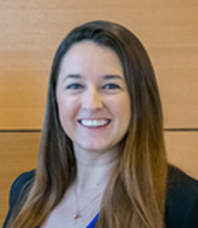Why Should Our Leaders Care About Human Flourishing?
As a leader of the largest ever global study on human flourishing, Dr. Byron Johnson, Distinguished Professor of the Social Sciences at Baylor University and Visiting Distinguished Professor in the School of Public Policy at Pepperdine University, joined us to discuss why a "focus on flourishing" is important for all policymakers whatever their political party.
In conversation with Pepperdine School of Public Policy Dean Pete Peterson, Dr. Johnson went beyond the theoretical to reveal what the latest data are telling us about the importance of faith in promoting healthy societies, and how policy decisions can either inhibit or promote human flourishing.
Byron Johnson is Distinguished Professor of the Social Sciences at Baylor University and is the founding director of the Baylor Institute for Studies of Religion (ISR). Johnson is a faculty affiliate of the Human Flourishing Program at Harvard University, and is co-executive director of the Center for Faith and the Common Good as well as Visiting Distinguished Professor in the School of Public Policy at Pepperdine University. In 2016, he co-founded of the Religious Freedom Institute, based in Washington, DC.
Johnson is a former member of the Coordinating Council for Juvenile Justice and Delinquency Prevention (Presidential Appointment). He has been the principal investigator on grants from private foundations as well as the Department of Justice, Department of Labor, Department of Defense, National Institutes of Health, and the United States Institute for Peace, totaling more than $80 million. He is the author of more than 200 journal articles, monographs, and books. He is recognized as a leading authority on the scientific study of religion, the efficacy of faith-based organizations, and criminal justice. Recent publications have examined the impact of faith-based programs on offender treatment, drug addiction, recidivism reduction and prisoner reentry. These topics are the focus of his book More God, Less Crime: Why Faith Matters and How It Could (2011).
Johnson’s work examines the ways in which religion impacts key behaviors like volunteerism, generosity, and purpose. These topics are covered in four recent books, The Angola Prison Seminary (2016), which evaluates the influence of a Bible College and inmate-led congregations on prisoners serving life sentences; The Quest for Purpose: The Collegiate Search for a Meaningful Life (2017), which examines the link between religion and finding purpose and meaning, and the subsequent link to academic integrity; The Restorative Prison: Essays on Inmate Peer Ministry and Prosocial Corrections (2021), which looks at the empirical evidence in support of the link between religion and the emerging subfield of positive criminology; and Objective Religion: Freedom, Politics, Secularization (2023), which examines factors related to the importance and resilience of religion.
He is the project co-director (with Tyler J. VanderWeele) of the Global Flourishing Study (GFS) a five-year longitudinal data collection and research collaboration between researchers at Baylor University and Harvard University, in partnership with Gallup and the Center for Open Science (COS), and with the support of a consortium of funders. This initiative includes data collection for approximately 200,000 participants from 22 geographically and culturally diverse countries. As part of this project, COS is making the data from the study an open access resource so researchers, journalists, policymakers, and educators worldwide can access detailed information about what makes for a flourishing life.
Pete Peterson is a leading national speaker and writer on issues related to civic participation, and the use of technology to make government more responsive and transparent. He was the first executive director of the bi-partisan organization, Common Sense California, which in 2010 joined with the Davenport Institute at the School of Public Policy to become the Davenport Institute for Public Engagement and Civic Leadership.
Peterson has co-created and currently co-facilitates the training seminar, "Public Engagement: The Vital Leadership Skill in Difficult Times" a program that has been attended by over 4,500 municipal officials, and he also helped to develop the program, "Leading Smart Communities," which explores the ways in which technology is changing local government processes. Peterson has served as the chair of the Governance Committee for the Public Interest Technology-University Network.
Peterson writes widely on public engagement for a variety major news outlets including the Wall Street Journal, Los Angeles Times, and San Francisco Chronicle, as well as numerous blogs. He contributed the chapter, "Place As Pragmatic Policy" to the edited volume, Why Place Matters: Geography, Identity, and Civic Life in Modern America(New Atlantis Books, 2014), and the chapter "Do-It Ourselves Citizenship" in the volume, Localism in the Mass Age(Wipf & Stock, 2018).
Peterson has been a public affairs fellow at The Hoover Institution, and he serves on the Leadership Council of the bipartisan nonprofit, California Forward, on the National Advisory Council for the Ashbrook Center, as well as on the Scholars Council for Braver Angels. Peterson has served as a member of the Commission on the Practice of Democratic Citizenship, which is organized by the American Academy of Arts & Sciences, as well as the nonprofit, Sophos Africa.
Peterson was the Republican candidate for California Secretary of State in 2014.


